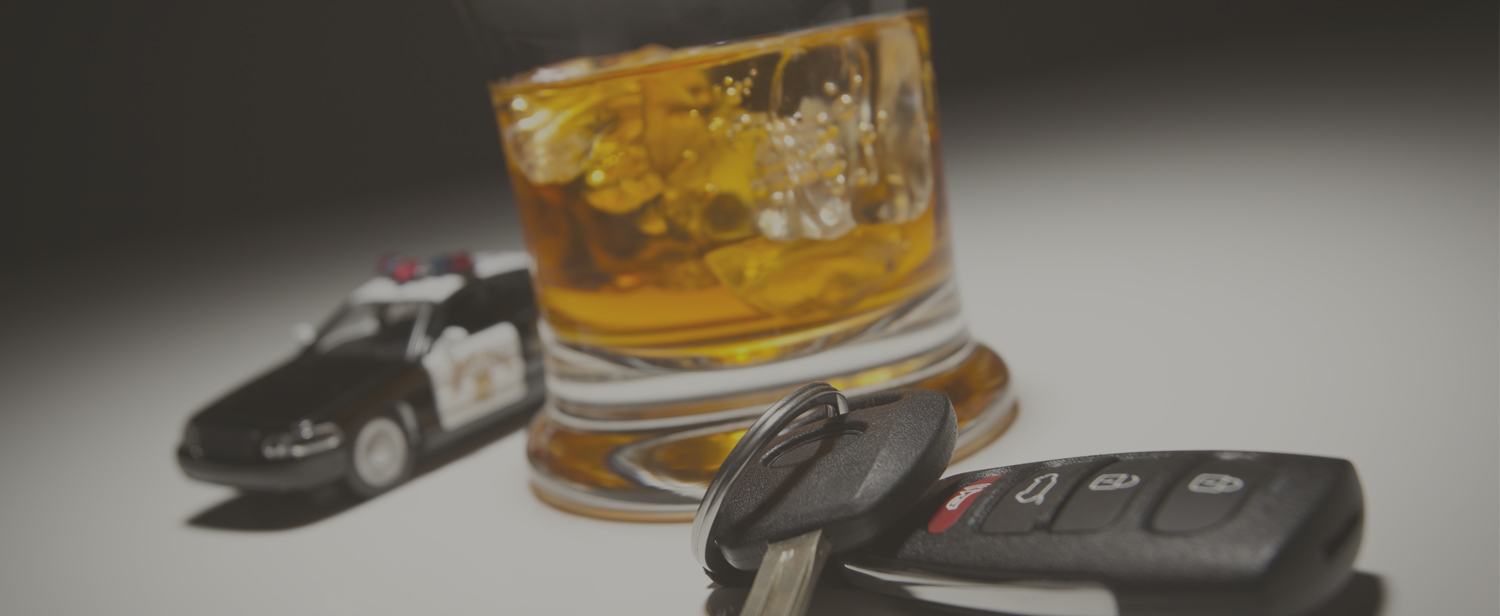Driving under the influence (DUI) is a serious offense that can have severe consequences. If you are pulled over by law enforcement in Vista, California, suspicion of DUI may lead to a field sobriety test. Field sobriety tests are conducted to assess a driver’s coordination, balance, and cognitive abilities. Understanding what happens during a field sobriety test, as well as the potential consequences of refusing such tests, is crucial if you find yourself in this situation.
What Happens If I Refuse the Field Sobriety Test
When an officer suspects that a driver may be impaired, they may request a field sobriety test. These tests typically involve tasks such as standing on one leg, walking in a straight line, or following an object with your eyes. It is important to note that you have the right to refuse a field sobriety test in Vista, CA. However, refusing the test does not come without consequences.
If you refuse to take a field sobriety test, the officer may view your refusal as an indication of guilt. This could result in your arrest and the suspension of your driver’s license. Refusing a field sobriety test is seen as a violation of California’s implied consent law, which states that by operating a motor vehicle, you automatically consent to chemical testing if you are suspected of DUI.
What Happens if I Refuse the Breathalyzer Test
In addition to a field sobriety test, you may also be asked to take a breathalyzer test if an officer suspects you are driving under the influence. A breathalyzer test measures your blood alcohol concentration (BAC) by analyzing your breath. Just like with a field sobriety test, you have the right to refuse a breathalyzer test in Vista, CA. However, refusing this test also has consequences.
Refusing a breathalyzer test can lead to an automatic suspension of your driver’s license, even if you are not ultimately convicted of DUI. The length of the suspension varies depending on your prior DUI convictions. For a first-time refusal, your license may be suspended for one year. For second or subsequent refusals, the suspension period increases. It is important to consult with a lawyer if you are unsure whether to refuse or submit to a breathalyzer test.
Common Faults in Field Sobriety Tests
Field sobriety tests are designed to assess a driver’s impairment, but they are not foolproof. There are several common faults in field sobriety tests that can lead to false indicators of impairment. Understanding these faults can help you better navigate the test if you are asked to perform it.
One common fault is the subjective nature of the tests. Field sobriety tests rely on the officer’s interpretation of your performance. Factors such as the officer’s bias, inexperience, or even poor weather conditions can affect their assessment. Additionally, certain medical conditions or physical limitations can impact your ability to perform the tasks required in a field sobriety test. These faults highlight the importance of seeking legal advice if you believe you have been wrongly charged with DUI based on a field sobriety test.
When Should I Contact a Lawyer
If you have been pulled over and asked to take a field sobriety test or breathalyzer test in Vista, CA, it is essential to contact a lawyer as soon as possible. A skilled DUI defense attorney can assess the details of your case, including the circumstances surrounding the tests, and provide guidance on the best course of action.
A lawyer can help protect your rights, challenge the validity of the field sobriety test or breathalyzer test, and potentially minimize the consequences of refusing or failing these tests. They can also navigate the legal process for you, ensuring that your rights are upheld and advocating for the best possible outcome in your case.
In conclusion, if you find yourself facing a field sobriety test or breathalyzer test in Vista, CA, it is important to understand the potential consequences of refusing these tests. While you have the right to refuse, doing so can result in the suspension of your driver’s license and may be viewed as an indication of guilt. Understanding common faults in field sobriety tests and seeking legal counsel can help protect your rights and ensure a fair legal process. Contacting a lawyer is crucial to navigate the complexities of DUI law and receive the best possible outcome in your case.
